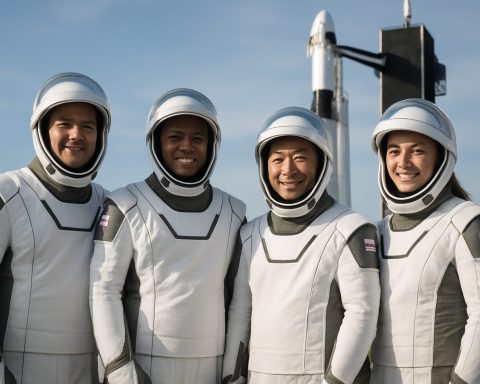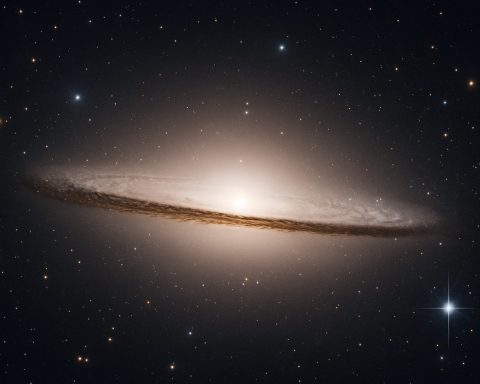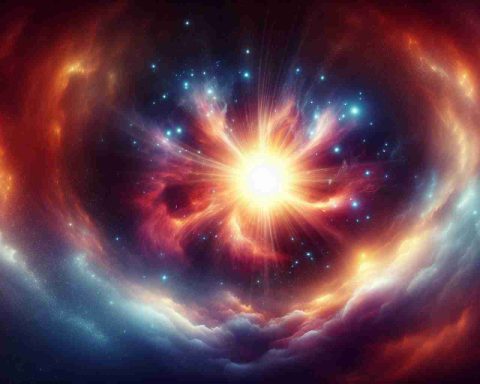Planets - Page 4
Planets are celestial bodies that orbit a star, such as the Sun, and are massive enough to be rounded by their own gravity but not massive enough to cause thermonuclear fusion like stars. In our solar system, planets are classified into two main categories: terrestrial planets, which have solid surfaces (such as Earth, Mars, Venus, and Mercury), and gas giants, which are predominantly composed of gases and have no well-defined solid surface (such as Jupiter and Saturn), along with ice giants like Uranus and Neptune. Planets vary in size, composition, atmosphere, and distance from their parent star. They do not produce their own light but reflect the light from the star they orbit. The study of planets is a key aspect of astronomy and astrophysics, helping to understand the formation and evolution of the universe.



















